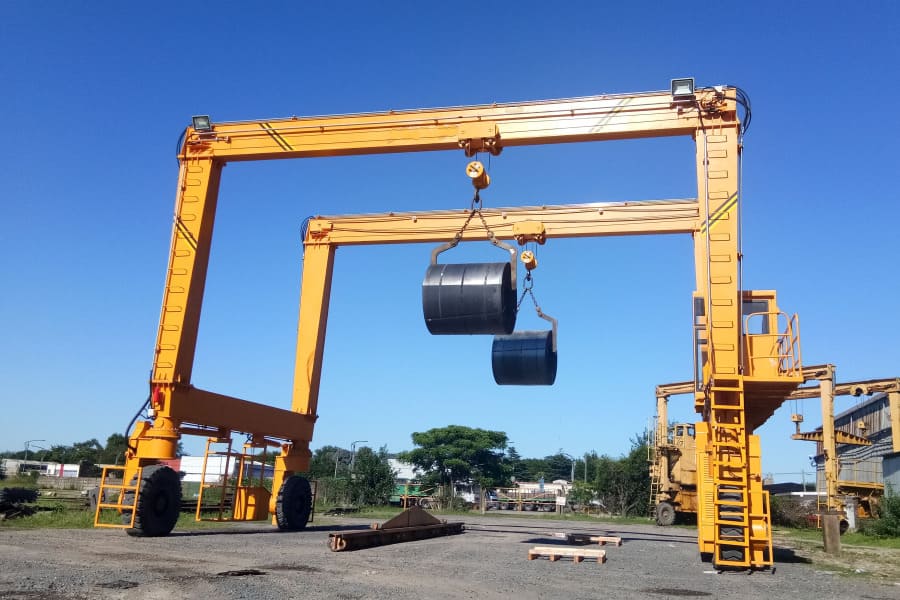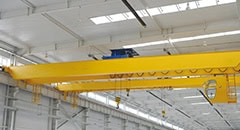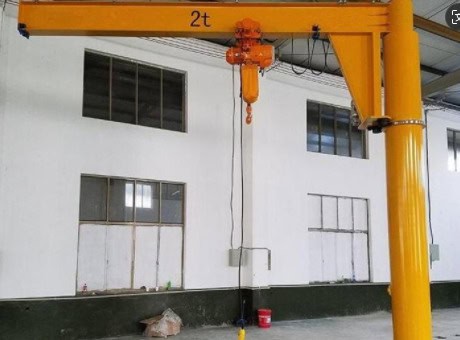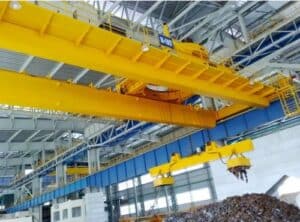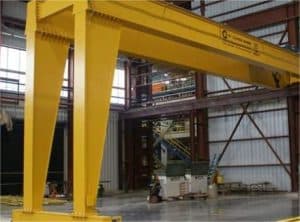Operating a grúa pórtico con neumáticos de goma requires skill and precision. The following sections detail the rubber tyred gantry crane from the operator’s perspective, focusing on key operating techniques:
Positioning and alignment: The first step in operating an Grúa RTG is to properly position it over the container. This involves aligning the crane’s wheels with designated lanes in the yard. The operator uses a combination of visual alignment and positioning sensors to achieve this.
Engaging the spreader: Once the crane is positioned, the operator lowers the spreader onto the container. The spreader must be precisely aligned with the container’s corner castings to ensure a secure lock. The Grúa RTG is equipped with cameras and alignment aids to assist the operator with this process.
Lifting and transporting: After securing the spreader, the operator lifts the container to the desired height. The 50 ton rubber tyred gantry crane’s hoisting system must operate smoothly to prevent swaying or sudden movements. After lifting, the operator maneuvers the crane to the designated stacking area or transport vehicle.
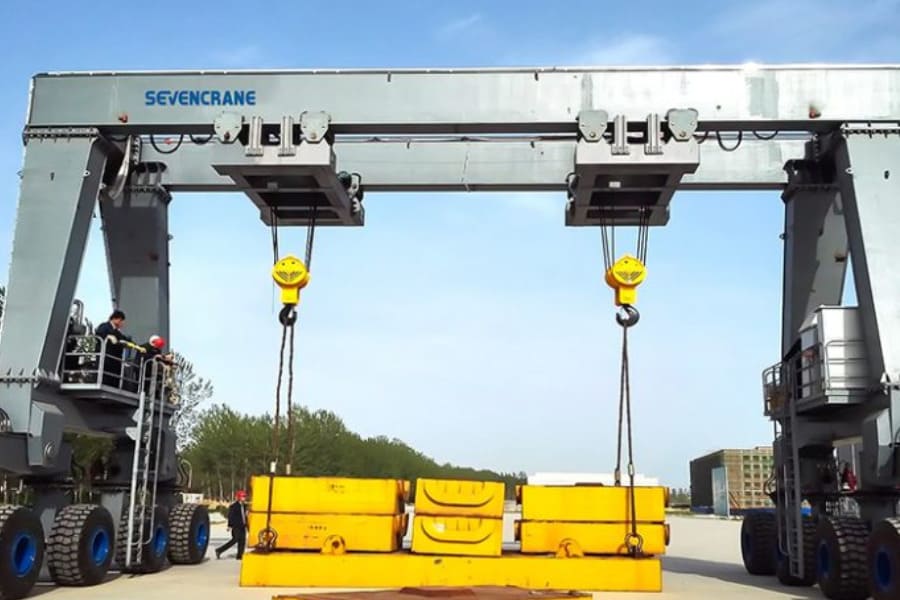
Stacking and destacking: Stacking containers requires careful planning and precise operation. The operator must ensure that the containers are stacked in a stable and orderly manner to maximize the use of yard space and ensure safety.
Communication and Coordination: Effective communication with ground personnel, terminal operators and other crane operators is essential. Coordinating the operation of a Grúa pórtico con neumáticos de goma de 50 toneladas and adhering to terminal protocols helps prevent accidents and ensure efficient operations.
A grúa pórtico con neumáticos de goma is a large mobile lifting equipment used primarily to move containers in ports and intermodal yards. Unlike rail-mounted gantry cranes, rubber-tyred gantry cranes are equipped with rubber tires, which enable them to move freely and flexibly within the yard.
